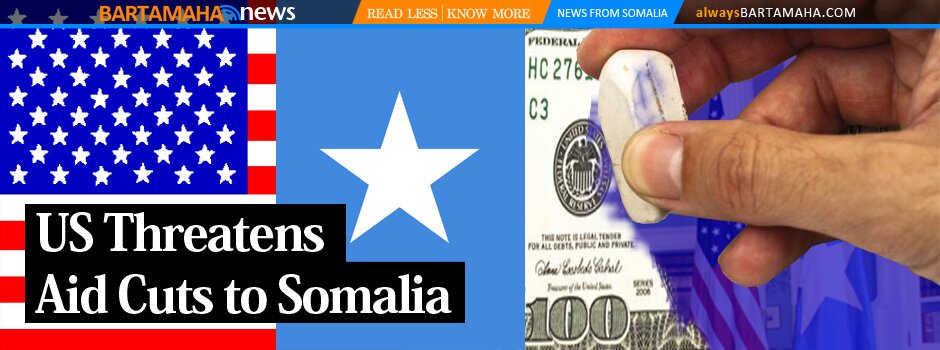Somali crisis not far for Clarkston
 Who cares about Somalia? It’s a troubled country far away in East Africa. What does last month’s deadly suicide bombing have to do with Atlanta?
Who cares about Somalia? It’s a troubled country far away in East Africa. What does last month’s deadly suicide bombing have to do with Atlanta?
Perhaps you think piracy off the Aden coast is simply a global political and economic matter, not a personal one that impacts you or anyone you know.
But there is a connection between Somalia and metro Atlanta.
Just five miles northeast of Atlanta is one of our most multicultural areas. Clarkston is home to refugees and immigrants from all parts of the world, many of them from Somalia.
The Clarkston community has grown over the years to approximately 5,000, making it one of the largest communities of Somalis in the United States, second only to Minneapolis.
The first Somali refugees and immigrants arrived in Georgia in 1988 as a result of Somalia’s civil war.
With the ousting of the inflexible leader Siad Barre in 1991, the country was left without a central government. First, ethnic clans fought for control in the 1990s.
Then, the extremist Islamic group al-Shabab fought the fragile, western-backed Transitional National Government for control in 2006.
The political instability has provided the background for current power struggles in Somalia. The steady economic decline has led to desperate situations of survival.
Many Somalis have fled to refugee camps or left the country. But millions remain trapped.
The United Nations estimates that more than 3 million people depend on international aid organizations for their basic needs. However, those services are constantly hampered because of violence.
Clarkston Somalis have relatives in Somalia, Dadaab refugee camp in Kenya and neighboring African countries.
However, the majority have begun new lives in Australia, Canada, Europe and the United States.
Somalis want to return, but to what? Most of southern and central Somalia is controlled by al-Shabab. The capital, Mogadishu, is in ruins, and piracy abounds in the semi-autonomous northeastern region known as Puntland because of an inadequate economy.
For Somalis in Clarkston, the idea of returning grows dimmer, but they remain hopeful.
There are many reasons returning to Somalia will take time: a weak government, a strong and strict Islamic presence and no viable economy.
But metro Atlanta’s link to Somalia can be strengthened by financially supporting local organizations such as CARE, which distributes food and other necessities in Somalia.
We also can volunteer with such organizations. Our efforts can begin by observing U.N. World Refugee Day, which is observed every year on June 20. As an international city, we must recognize how personal some global issues are.
So, the next time you are stuck in traffic or are at work or in a grocery store, think about what the person next to you might be going through.
For some, the capture, trial and sentencing of the young Somali pirate in New York is not just a story.
Neither are reports of millions dying and suffering in Somalia from violence, malnourishment and rape.
Nor are the missing Somali boys from Minneapolis suspected to have been recruited by al-Shabab.
These are relatives, friends and former neighbors. It is emotional to hear and see the news because for some, Somalia’s woes hit home.
Â
Dorian Crosby is a lecturer of political science and international relations at Spelman College.
Comments
comments
 Calendar
Calendar







































